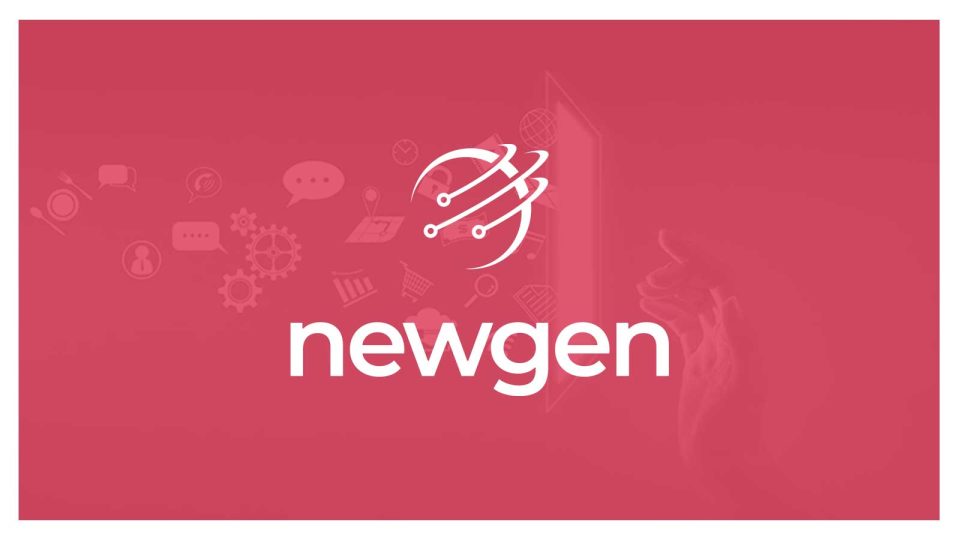It’s 2024, and hardly any organization is left untouched by the ongoing digital wave. Whether it’s an insurance organization or a retail company operating at different scales, organizations today strive to achieve similar objectives through digital initiatives—achieve business growth, agility, and be future-ready. Yet, many fail to ace them. Per Deloitte, “While 85% of CEOs accelerated digital initiatives during the pandemic, most can’t articulate their overall strategy and progress beyond a tech investment.”
Also Read: The Top Five Must-Haves for Picking an AI Security Solution
The Trick Lies in an Enterprise-wide Approach
Organizations have invested in various technologies and solutions during their transformational journeys. However, they often end up transforming just customer-facing processes and front-end operations.
Here, the trick lies in an enterprise-wide approach toward digital transformation. Going enterprise-wide will help organizations eliminate siloes at multiple levels and ensure the optimum utilization of technologies and people. It will ensure a synchronized transformation among back, mid, and front-office systems and lead to improved governance and compliance.
Here are the gains organizations can achieve by driving an enterprise-wide digital transformation:
- Superior Customer Experience: Today’s customers want quick, simple, and personalized experiences at their desired time and channel. We can take cues from instant doorstep deliveries at a few clicks on an app, online account opening with minimal hassle, etc. These services were once considered a luxury but have become must-haves for any business. Through enterprise-wide transformation, customers can be provided a unified and seamless experience with minimal hassles in their journey. This approach will lead to wonderful portals and mobile apps with a consistent look and feel, contextual customer communications, and enable organizations to satisfy their expectations better.
- Operational Excellence: Operational excellence is the rigor of an organization’s processes and systems. It can be said that an organization has achieved operational excellence when its processes are quick, decisions are taken timely, employee productivity is sustained even while working from home, and teams can collaborate effectively. All of this can be achieved through an enterprise-wide approach. It connects and unifies front and back-office processes and prevents siloed automation, enabling organizations to accelerate operations, improve accuracy, and ensure compliance.
- Continuous Business Innovation: What was an advancement yesterday is an expectation today and might become a legacy tomorrow. So, improving customer experience and operational excellence is great, but that alone is not sustainable. An enterprise-wide approach facilitates continuous innovation of processes and systems by letting organizations anticipate, experiment, and adapt their systems according to internal and external factors. It ensures the identification of various operational bottlenecks and the derivation of insights out of systems, resulting in corrections and process advancements.
Also Read: The Data Dilemma in the Era of AI
Achieving Enterprise-wide Digital Transformation Can Be a Cakewalk
Organizations have spent years in their digital transformation journey, yet they haven’t mastered an enterprise-wide approach, and going the traditional way might make their wait longer. Instead, organizations must invest in a low code-based digital transformation platform orchestrating an enterprise-wide transformation journey.
With a unified, low code-based digital transformation platform, organizations can:
- Automate hundreds of applications and ensure last-mile automation with intelligence
- Build an integrated and automated process fabric through the integration of legacy and new-age technologies
- Connect people, processes, systems, and things in a way to deliver transformed experiences
- Orchestrate and deliver processes through holistic and intelligent process automation
- Enable agile change management and rapidly develop business processes through a low code, modeling-driven application development
- Adapt and scale effectively by leveraging the cloud
To Conclude
To thrive in a business environment of rising customer expectations and intense competition, organizations must elevate their digital game to the enterprise-wide level. Investing in the right digital transformation platform will make enterprise-wide digital transformation a cakewalk for organizations and help them become truly digital.
Also Read: CIO Influence Interview with Kelly Ahuja, CEO, Versa Networks
[To share your insights with us as part of editorial or sponsored content, please write to psen@itechseries.com]


